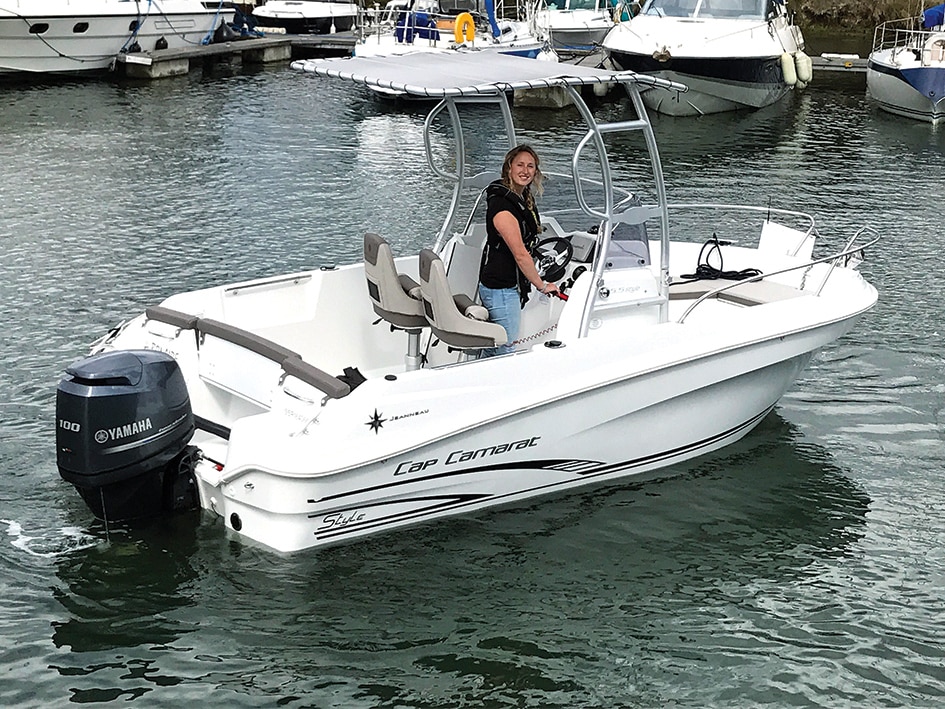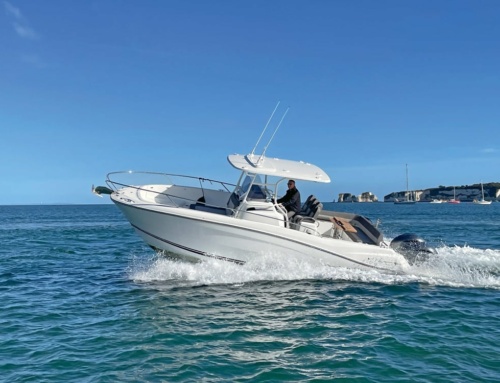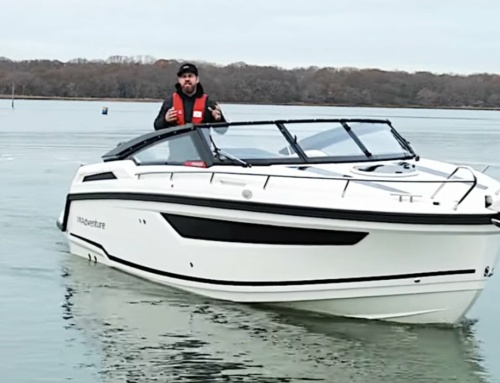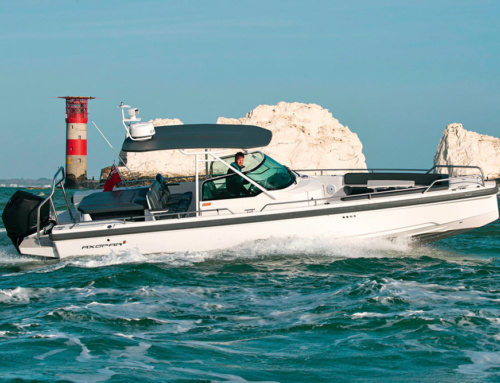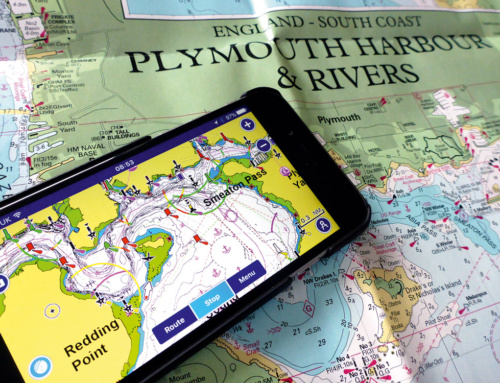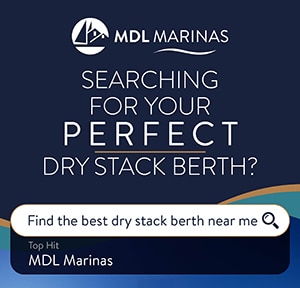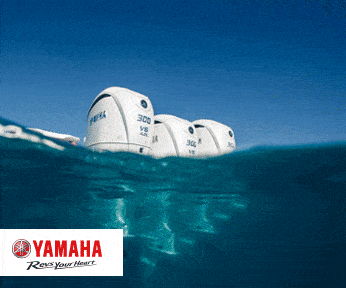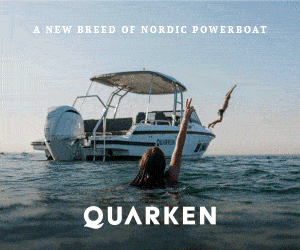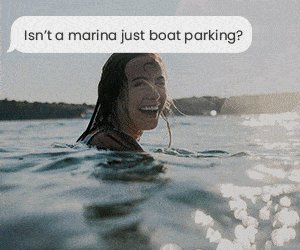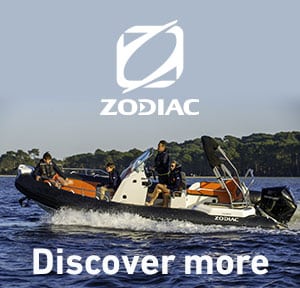RYA’s powerboat trainer Paul Glatzel gives valuable advice on buying your first boat and getting on the water safely …
Getting Started in Boating
Getting started in boating is something you remember for ever, whether it’s being dragged along behind a ski boat on holiday, cruising along the Norfolk Broads or chipping in to buy a boat with mates. Paul Glatzel discusses starting out on the water and presents a few tips …
As lockdown has eased and we all start to get out and about, many have turned their thoughts to staycations, activities that they can do as a family, and in some cases ways to spend the money that’s been saved over the few months with not so much to do.
Predictably enough, many people’s thoughts have turned to boats, with dealers and brokers seeming to have had a very busy time. So, if you are one of those that’s looking to enter the world of boating, what hints, tips and tricks do we have as you consider where to spend your money?
While there are certainly people who jump in with both feet and buy a 40 or 50 ft boat as their first foray into powerboating, the reality is that most begin with a far smaller first craft. Start by thinking what you want to do with your boat and where you are going to use it. Also consider who is going to be coming afloat with you, as the needs of a young family are generally quite different to those of people interested in spending the day fishing. Of course, you also need to think what your budget is, both in terms of buying the boat and then running it each year.
By way of example, let’s imagine you want to keep a 6m boat in a marina on the south coast somewhere. A berth for the whole year is likely to cost between £3,500 and £4,500. Servicing will obviously vary according to the age of the craft, so for a fairly new boat budget up to £500 to cover the service and a repair or two. Insurance is likely to be about £300, so a prudent budget of about £1,000 a year plus mooring costs seems fair.
Your mooring cost can be reduced in a few ways. You may, of course, live somewhere cheaper than the south coast; you may choose to only keep your boat in the water for six months a year; you could choose a mooring afloat rather than in a marina; or you may choose to trail your boat from home each time and launch at a slipway. Your decision here will obviously be based on a balance of cost and how you want to use your boat. Do whatever works for you, but be prepared to vary what you do to find what you prefer.
Bear in mind, as you decide what works, that the sort of boating you want to do and where you choose to boat will make a big difference to how often you get afloat and how easy it is to do so. Take where we are in Poole Harbour, for example. It’s a huge area with lots to do, it’s very sheltered and there are great beaches. This contrasts with a location where you may have a great slipway but very few places to go. Travelling further for a better location may make sense.
So what about the boat? You don’t need to spend a fortune to get afloat, with a small inflatable, trailer and outboard starting at about £1‒2K. Equally you could easily spend £50‒60K on a new 20ft sports boat.
In terms of boat layout, there are too many options to list them all here, but start by thinking about the seating and what you want to do. If you have young children, there are a good number of boats around with high sides (‘freeboard’) that will offer a good level of protection from the weather and also keep them on board. A cabin may be useful if they need a nap or for lots of kit. RIBs are great sea boats, but you lose lots of deck space with the tubes compared to a hard boat of a similar length. The seating arrangement doesn’t always lend itself to young children either, but many people love the look and versatility you get with one.
‘Fast fishers’ have become increasingly popular and combine a cabin with a good open deck area at the rear of the boat. With high sides, they can be safe options for young children. Visually they won’t be to everyone’s taste, but the ability to waterski from them also makes them very versatile options.
Traditional-style sports boats can be a good option with their good deck space, good seating and suitability for a range of activities.
In terms of makes, I’d always want to look for a brand that’s been around for a while as this gives some comfort that they know what they are doing ‒ and resale can be challenging if you own the only one or two of a brand.
In terms of engines, if you are buying new, for me it’s all about the dealer backup you will get in the area that you will boat. All makes nowadays are excellent, so it doesn’t really make much difference which you opt for. If you are going new, I’d tend to spec an engine size above the minimum recommended for the boat as it makes it more sellable if you want to upgrade. If you are buying second-hand, you really need to ensure that the engine is OK, or else it may cost you a fortune and spoil your boating.
It will cost you £250‒£350 to get a marine engineer to look at the engine and come afloat for a trial – this is money really well spent. Call around to get a recommendation for a suitable marine engineer in the area.
When buying a used boat, the number of hours it has done is far less important than when you are looking at a car. A high-hour leisure boat will never have had as much usage as a commercial vessel, and a well-used boat is likely to have a good service history. Moreover, using a boat keeps its electrics in better order and generally running better. Look too for service history invoices, original purchase invoices, and all the manuals and guides.
Once you have your boat, you need to kit it out. You can source everything in one go from a chandler or you can spend time on eBay and the like. Wherever you look, you will need to budget for a few hundred pounds when starting out. Life jackets, ropes, fenders, flares, toolkits, first-aid kits and so on all add up but are one-time buys that you can move from boat to boat if you wish. If buying new, a dealer will often be able to add in a deal on such items as invariably they’ll have a load in stock, so it’s easy to negotiate into the deal.
Inevitably, when thinking about getting a boat, you’ll spend lots of time online having a look around. Make sure you check out YouTube as there are usually plenty of videos and owner reviews on any particular craft, which is a really good way to learn the ups and downs of a model.
Finally, make sure that you put aside some money for training.
Powerboat Level 2 and marine VHF radio courses are really good investments that will keep you and your family safer and ensure that you get the most from your boat. The Level 2 will be about £300 and the VHF about £70 plus RYA fees.
Owning your own boat is a good way to get afloat, but don’t forget to have a look at the boat club options like those in Lymington and Plymouth ‒ and of course, chartering/hiring can be a good way in too. Have fun looking and then a great time afloat!
Paul Glatzel is an RYA powerboat trainer and wrote the RYA Powerboat Handbook and the RYA Advanced Powerboat Handbook. He runs Powerboat Training UK in Poole and Lymington (www.powerboattraininguk.co.uk)

